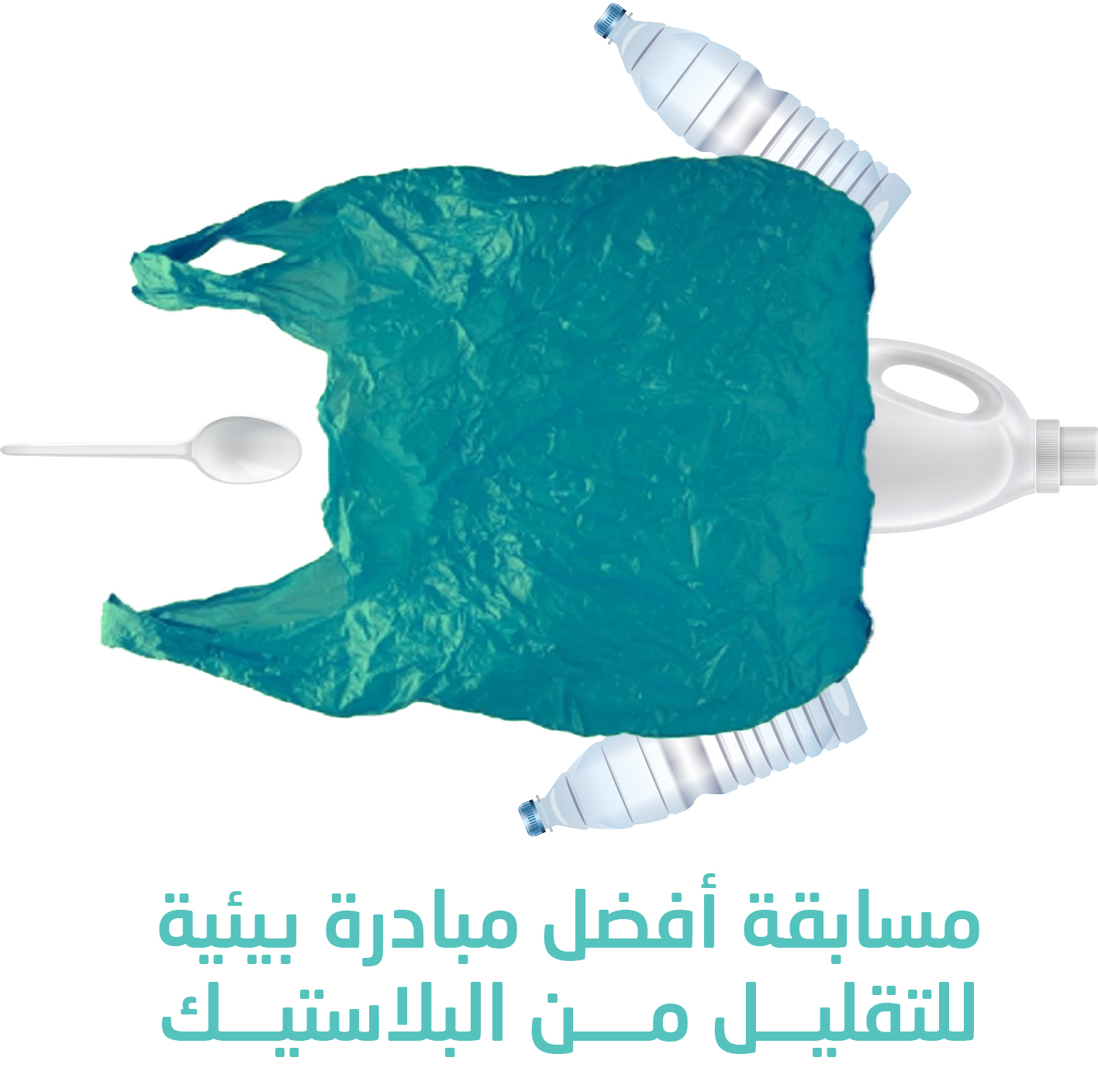

The Sultanate's role in preserving environment, as per the wise guidance of H.M the Sultan, has received Arab, regional and international recognition. The Oman Commission for Education, Culture, Science, and the Sultanate's Permanent Delegation to UNESCO plays a key role in promoting the role played by the Sultanate to preserve environment in collaboration with UNESCO's Man and Biosphere Program (MAB).

As a culmination of the Sultanate's efforts to preserve environment, His Majesty Sultan Qaboos Bin Said has donated a financial award for environment activists from the different parts of the world. The Award details have been unveiled during H.M the Sultan's visit to UNESCO HQs in 1989. UNESCO MAB expressed its deep thanks to H.M the Sultan at its 11th general assembly, which was held in November 1990.
In January 1990, it was announced that the Award would be given to individuals, groups of individuals, institutes or organizations in the management or preservation of the environment, consistent with the policies, aims and objectives of UNESCO.
Nominations for the Prize shall be accompanied by a biographical statement for each candidate or group of candidates, together with a detailed description of the work for which the candidature is put forward and an assessment of the results achieved. Candidates shall have made a significant contribution to the management or preservation of the environment, consistent with the policies, aims and objectives of UNESCO, and in relation to the organization’s programmes in this field, i.e. environmental and natural resources research, environmental education and training, creation of environmental awareness through the preparation of environmental information materials and activities aimed at establishing and managing protected areas such as biosphere reserves and natural world heritage sites. Prizes may be conferred upon individuals, institutions, other entities or non-governmental organizations.
As per the Criteria, the individuals, groups of individuals, institutes or organizations receiving the Prize must have made an outstanding contribution to the management or preservation of the environment, particularly in one of the following fields:
The purpose of the Prize is to afford recognition to outstanding contributions by individuals, groups of individuals, institutes or organizations in the management or preservation of the environment, consistent with the policies, aims and objectives of UNESCO, and in relation to the Organization’s programmes in this field, i.e. environmental and natural resources research, environmental education and training, creation of environmental awareness through the preparation of environmental information materials and activities aimed at establishing and managing protected areas such as biosphere reserves and natural world heritage sites.
The Prize, which shall consist of a certificate and a sum of money, shall be called the “Sultan Qaboos Prize for Environmental Preservation”. The value of the Prize or prizes awarded in any one year shall be set, in accordance with the Financial Regulations, by the Bureau of the International Coordinating Council of the Programme on Man and the Biosphere (MAB).
The Prize shall be presented biennially by the Director-General at a public ceremony to be held at UNESCO Headquarters in Paris, preferably in conjunction with the General Conference.
The prizes are open to individuals, groups of individuals, institutes or organizations displaying outstanding merit and achieving particularly effective results in the field of environmental preservation.
Individuals, groups of individuals, institutes or organizations receiving the Prize must have made an outstanding contribution to the management or preservation of the environment, particularly in one of the following fields:
Candidates for the Prize shall be proposed to the Director-General of UNESCO by governments of Member States, in consultation with their National Commissions, by intergovernmental organizations or by appropriate non-governmental organizations, which have consultative status with UNESCO, each of which may make one nomination in any biennium. Nominations for the Prize shall be accompanied by a biographical statement for each candidate or group of candidates, together with a detailed description of the work for which the candidature is put forward and an assessment of the results achieved
The selection of individuals, groups of individuals, institutes or organizations to whom prizes will be awarded shall be made by the Bureau of the MAB International Coordinating Council. The Bureau may adopt its own rules of procedure for the selection of prizewinners.
The decisions of the Jury should normally be taken unanimously; if the Jury does not reach unanimity in favour of any of the candidates submitted, it should take its decision by a majority of the members present. It should consult, as appropriate, the bureaux of the intergovernmental bodies responsible for the implementation of other UNESCO programmes in the field of natural resources and the environment (i.e. the Council of the International Hydrological Programme (IHP), the Assembly of the Intergovernmental Oceanographic Commission (IOC) and the Bureau of the World Heritage Convention.
